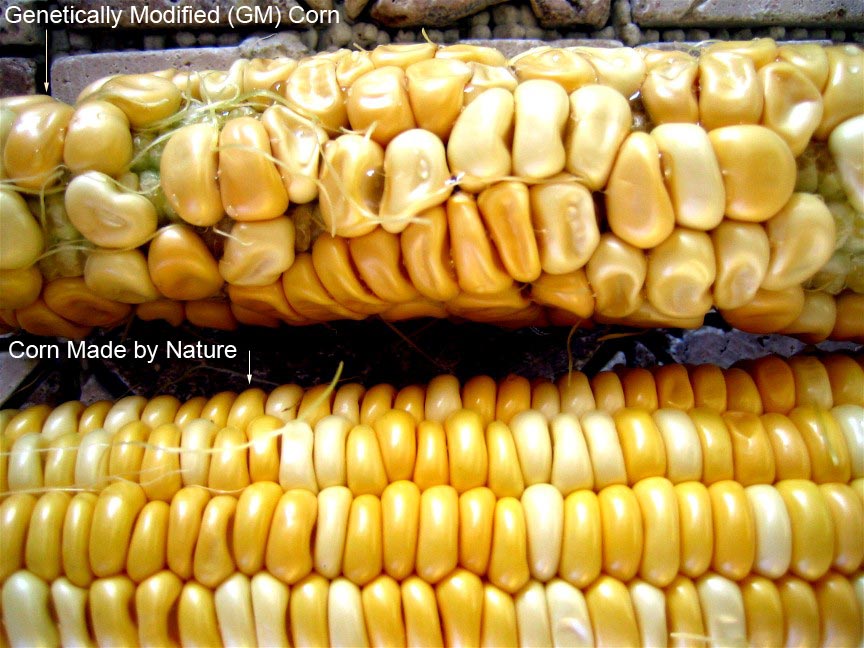In the face of a burgeoning global population and the urgent need for sustainable food production, a radical yet promising solution is emerging: the use of fertilizers derived from human waste. While this may seem unconventional, tapping into this readily available and nutrient-rich resource could transform agriculture, particularly in regions like Indonesia with rapidly growing populations and increasing food demands.
The Potential of Human Excreta-Derived Fertilizers (HEDFs)
Human excreta-derived fertilizers (HEDFs) are organic fertilizers produced from treated human waste. These fertilizers, encompassing various forms such as urine-derived fertilizers, composted fecal matter, and biosolids, have shown significant potential for enhancing soil fertility and crop yields. HEDFs offer a sustainable and environmentally friendly alternative to conventional synthetic fertilizers, which often carry a hefty environmental footprint due to their energy-intensive production processes and potential for pollution.
In Indonesia, where agriculture plays a pivotal role in the economy and food security, embracing HEDFs could be a game-changer. The country’s burgeoning population and the increasing demand for food necessitate innovative and sustainable agricultural practices. HEDFs, with their rich nutrient content and reduced environmental impact, present a compelling solution.
Addressing Concerns and Challenges through Education
One of the primary concerns surrounding HEDFs is the potential presence of contaminants, such as pharmaceuticals, heavy metals, and pathogens. However, through appropriate treatment processes, these risks can be effectively mitigated. Composting, anaerobic digestion, and other treatment methods can significantly reduce or eliminate contaminants, ensuring the safety of HEDFs for agricultural use.
Another challenge is public perception. The “ick” factor associated with using human waste as fertilizer can be a significant barrier to adoption. However, through public education and awareness campaigns, perceptions can be changed, and the benefits of HEDFs can be highlighted. This is where Indonesia’s education system can play a crucial role. By incorporating environmental education, including the benefits and safety of HEDFs, into the curriculum, future generations can be equipped with the knowledge and understanding to embrace this sustainable solution.
A Sustainable Solution for Indonesia
In Indonesia, the adoption of HEDFs aligns with the country’s commitment to sustainable development and environmental protection. The government’s efforts to promote organic agriculture and reduce reliance on synthetic fertilizers create a favorable environment for HEDFs to flourish.
Furthermore, Indonesia’s diverse agricultural landscape, ranging from smallholder farms to large plantations, provides ample opportunities for HEDF application. By tailoring HEDF production and application methods to specific crops and soil conditions, farmers can optimize their benefits while minimizing any potential risks.
Empowering Educators and Engaging Students
To effectively integrate HEDF education into the curriculum, educators need to be equipped with the necessary knowledge and resources. Teacher training programs should include modules on environmental sustainability, focusing on the role of HEDFs in agriculture. This will enable teachers to confidently and accurately convey the benefits and safety of HEDFs to their students.
Introducing HEDFs in an engaging and interactive manner can pique students’ curiosity and foster a positive perception of this sustainable solution. Hands-on activities, such as composting experiments and field trips to farms using HEDFs, can provide practical learning experiences.
Conclusion
The use of HEDFs in agriculture represents a paradigm shift, moving away from linear waste disposal towards a circular economy where waste is transformed into a valuable resource. In Indonesia, embracing this approach could revolutionize agriculture, enhancing food security, and promoting environmental sustainability. As the world grapples with the challenge of feeding a growing population while protecting our planet, HEDFs offer a promising solution, turning a waste product into a valuable asset for a sustainable future. By leveraging the power of education, Indonesia can pave the way for a future where human waste is no longer a waste product but a valuable resource for sustainable agriculture.

